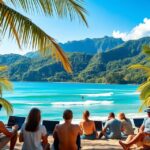Can US Citizens Get Residency in Costa Rica? Our Guide

Costa Rica has become a haven for individuals and families seeking a better quality of life and new opportunities. With its lush landscapes, pleasant climate, and rich cultural heritage, this Central American country has emerged as a top destination for those looking to relocate.
Over 120,000 foreigners, many of whom are Americans, have made Costa Rica their home. We will explore the process of obtaining residency in Costa Rica, covering available options and requirements, to help US citizens navigate their path to living in this tropical paradise.
Understanding the various residency pathways is crucial for those planning to move to Costa Rica, whether temporarily or permanently. Our comprehensive guide will walk you through everything you need to know about residency in Costa Rica.
Understanding Costa Rica's Appeal for US Expats
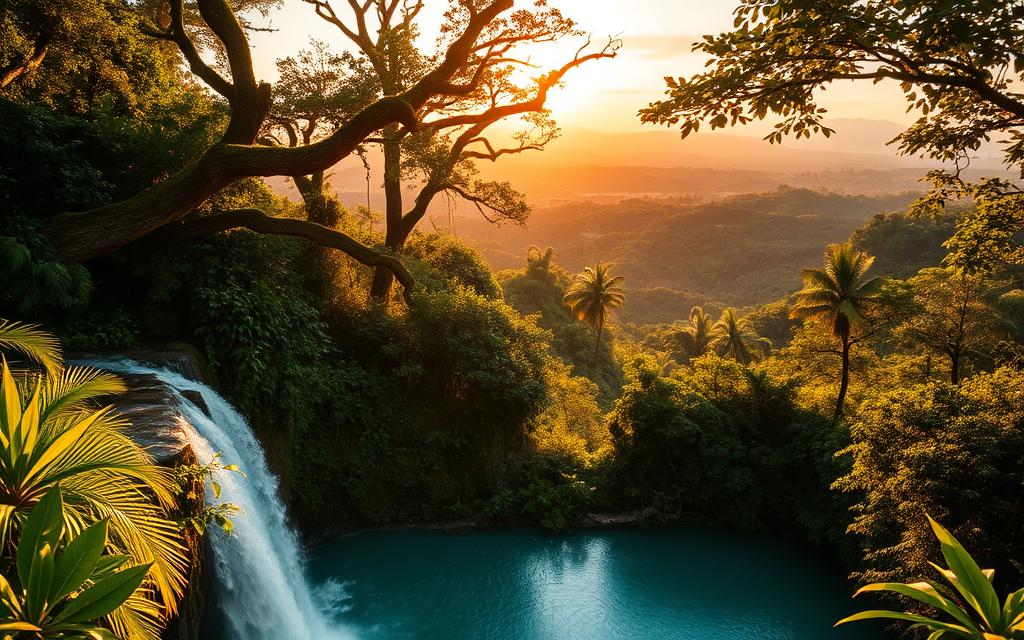
The allure of Costa Rica for US citizens looking to relocate lies in its exceptional quality of life and stable political environment. This Central American country has positioned itself as one of the most desirable destinations for those who aspire to settle permanently or temporarily.
Natural Beauty and Quality of Life
Costa Rica is renowned for its stunning natural landscapes, from lush rainforests to pristine beaches, offering a unique quality of life that is hard to find elsewhere. The country's mild climate, rich cultural heritage, and vibrant communities make it an attractive choice for US expats seeking a new home. With its focus on environmental conservation, Costa Rica provides a healthy and sustainable lifestyle that appeals to those looking for a tranquil and fulfilling life.
Political Stability and Healthcare Benefits
Costa Rica boasts one of Latin America's best healthcare systems, offering both public and private options that provide quality care at a fraction of US costs. The country's universal healthcare system, known as Caja Costarricense de Seguro Social (CCSS), provides comprehensive medical coverage to residents. As a legal resident, you're required to contribute to this system based on your income, typically ranging from 7-11% of declared income. For more information on obtaining residency and accessing healthcare, you can visit this resource.
Can US Citizens Get Residency in Costa Rica?
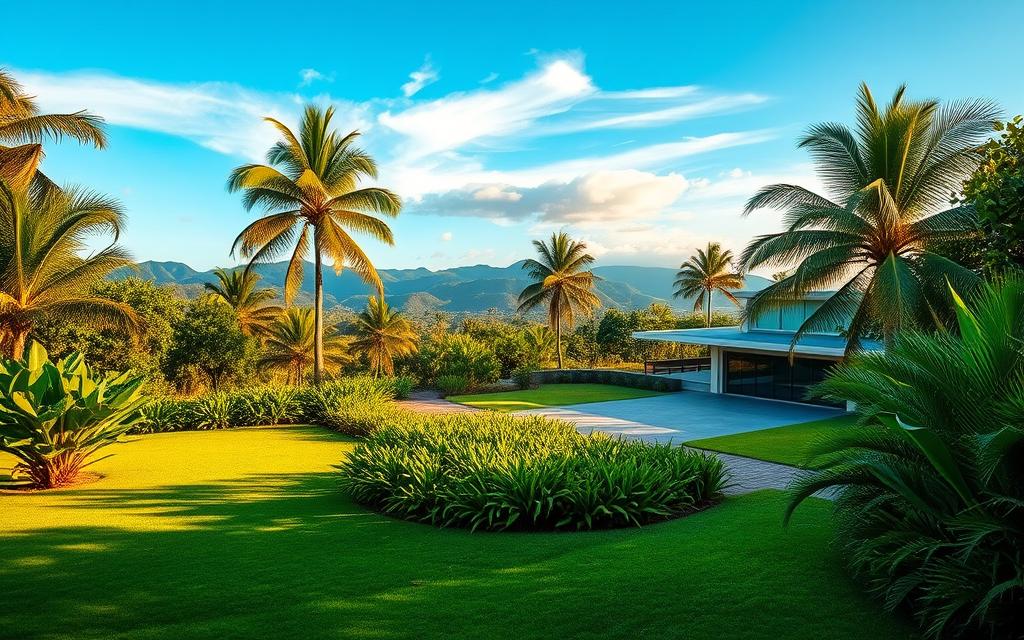
The prospect of living in Costa Rica is enticing for many US citizens, who must navigate the country's residency requirements. Costa Rica offers a variety of residency options to suit different needs and circumstances.
Legal Framework for Foreigners
Costa Rica's residency system is designed to accommodate foreigners, with a legal framework that outlines various categories and requirements. The country's immigration laws provide a clear path for US citizens to obtain residency.
The legal framework includes different types of residency, each with its own set of rules and benefits. Understanding these options is crucial for a successful application.
Temporary vs. Permanent Residency Options
Most US expats begin with temporary residency, which must be renewed every two years. After three years of temporary residency, they can apply for permanent status, offering more stability and fewer renewal requirements.
Temporary residency categories include Pensionado, Rentista, Inversionista, and the Digital Nomad visa. Each category has specific financial requirements and limitations, particularly regarding work eligibility. Permanent residency removes many restrictions and requires renewal only every five years.
To apply for permanent residency, US citizens must maintain their temporary status, comply with Costa Rican laws, and demonstrate ties to the country. While permanent residency offers many benefits, it does not include voting rights or the ability to hold public office.
Types of Residency Programs Available
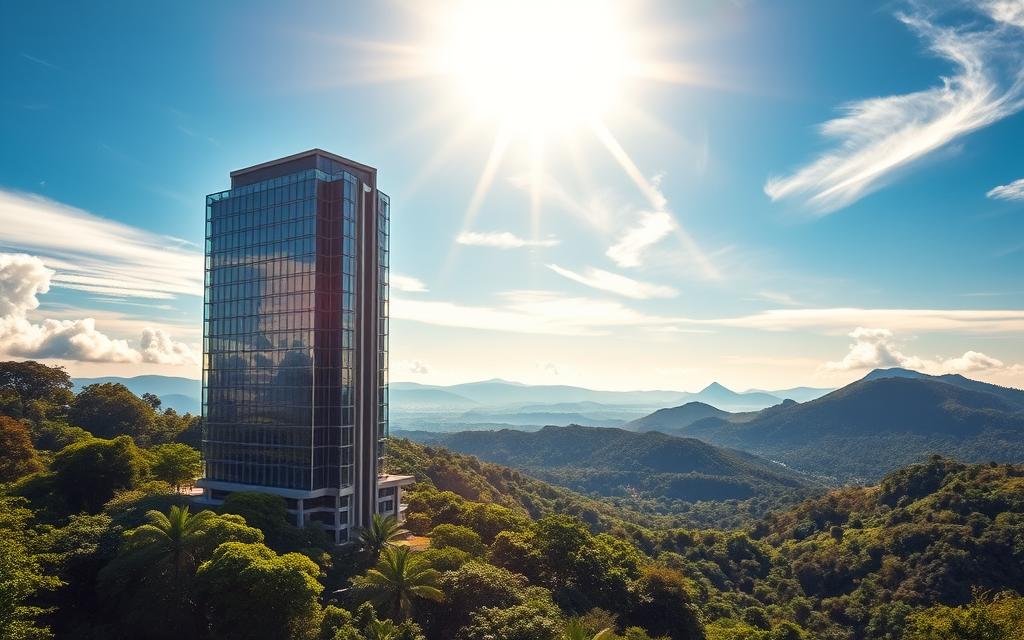
Whether you're retiring, investing, or have a stable income, Costa Rica has a residency program suitable for you. The country offers a variety of residency options, each designed to cater to different needs and preferences of expatriates.
Pensionado (Retiree) Residency
The Pensionado program is designed for retirees who wish to enjoy their golden years in Costa Rica. To qualify, applicants must demonstrate a minimum monthly income of $1,000 from a pension or other stable source. This program offers various benefits, including discounts on healthcare, transportation, and entertainment.
For detailed information on the Pensionado program, including its benefits and requirements, visit Jaros CR.
Rentista (Fixed Income) Residency
The Rentista program is ideal for individuals with a stable income who are not necessarily retirees. Applicants must show a minimum monthly income of $2,500 from a reliable source. This program is attractive for those who want to experience life in Costa Rica without the need to be retired.
Inversionista (Investor) Residency
For those with capital to invest, the Inversionista program requires a minimum investment of $150,000 in a Costa Rican business, real estate, or government-approved projects. The investment must benefit the country's economy. This program is particularly appealing for entrepreneurs and investors looking to establish a significant presence in Costa Rica.
The Inversionista program offers several advantages, including the ability to include family members in the application and the potential for generating returns on the investment. It's a viable option for those looking to contribute to Costa Rica's development while securing residency.
The Pensionado Program: Requirements and Benefits
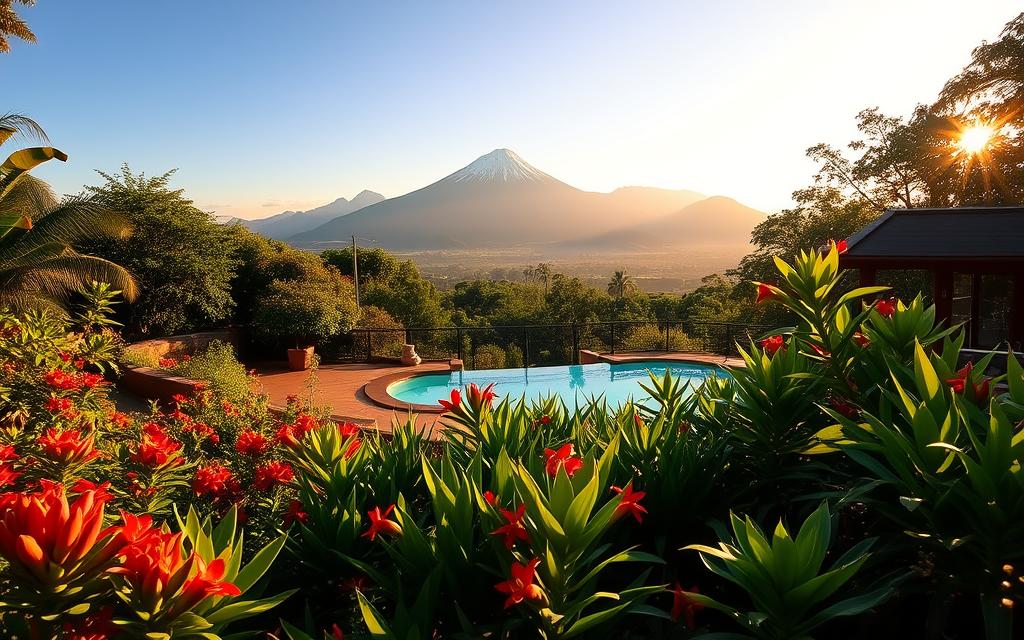
For US citizens considering retirement in Costa Rica, the Pensionado program offers an attractive pathway to residency. This program is specifically designed for retirees, providing a range of benefits that enhance their quality of life in Costa Rica.
Income Requirements for Retirees
To qualify for the Pensionado program, retirees must demonstrate a guaranteed income of at least $1,000 per month from a pension or other qualifying income source. This requirement ensures that retirees can support themselves while living in Costa Rica. The income requirement is a crucial aspect, as it allows retirees to access various benefits and integrate into Costa Rican society.
Special Benefits for Pensionados
As a Pensionado, you'll enjoy numerous benefits that make living in Costa Rica even more appealing. Some of these benefits include exemptions from import duties on household goods and a personal vehicle, access to the Costa Rican healthcare system (Caja) at a reduced cost, and discounts at various businesses throughout the country. Additionally, Pensionados can benefit from relatively low property tax rates and a territorial tax system that only taxes income earned within Costa Rica. These benefits, combined with the ability to open local bank accounts, obtain a Costa Rican driver's license, and own businesses or make investments, make the Pensionado program highly attractive to retirees.
Living in Costa Rica as a Pensionado offers a unique blend of cultural immersion and financial practicality, making it an ideal choice for retirees seeking a fulfilling and affordable lifestyle.
The Rentista Program: For Non-Retirees with Stable Income
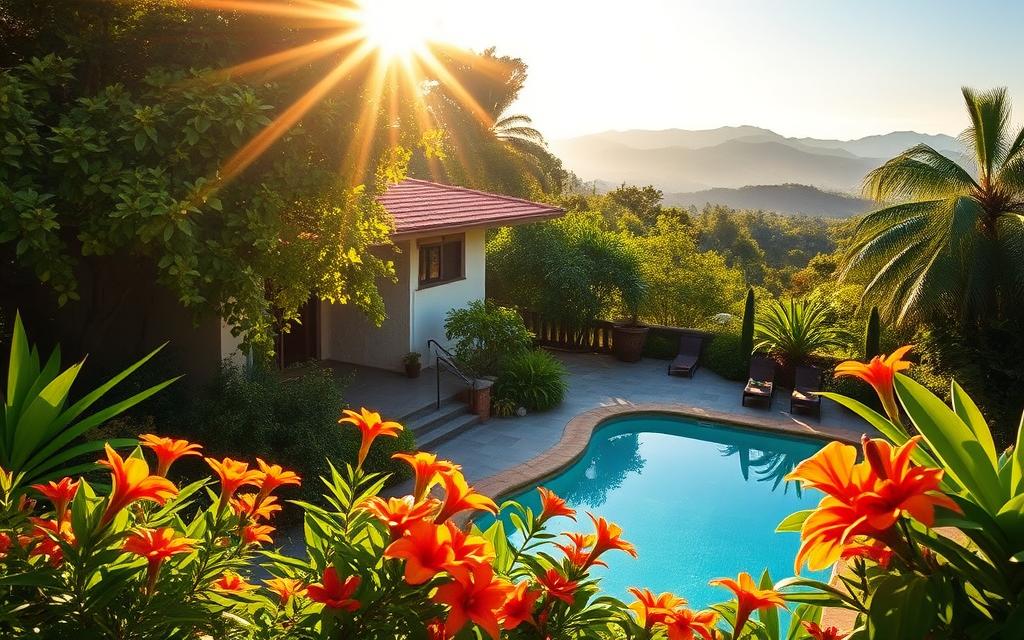
For US citizens who aren't retirees but have a stable income, Costa Rica's Rentista program offers a pathway to residency. This program is designed for individuals who have a reliable financial source, enabling them to support themselves while living in Costa Rica.
Financial Requirements and Documentation
To qualify for the Rentista program, applicants must demonstrate a minimum monthly income of $2,500 from a reliable source. This income can be from investments, pensions, or other stable financial sources. The income requirement is a crucial aspect of the application process, as it ensures that the applicant can support themselves without needing to work in Costa Rica. Applicants must provide documentation to prove their income, such as bank statements and pension documents.
Rights and Limitations
Rentista residents enjoy several benefits, including the right to live in Costa Rica continuously without the need for visa runs or border crossings. They can also include their spouse and dependent children under 18 (or up to 25 if they are students) in their residency application. However, there are certain limitations, such as not being able to work as employees for Costa Rican companies or provide services that generate local income. On the other hand, Rentista residents can own and manage businesses in Costa Rica, make investments, and continue to earn income from foreign sources. To maintain their status, Rentista residents must spend at least four months per year in Costa Rica and renew their status every two years. After three consecutive years, they become eligible to apply for permanent residency, which removes many of the limitations associated with Rentista status.
The Investor Residency Program
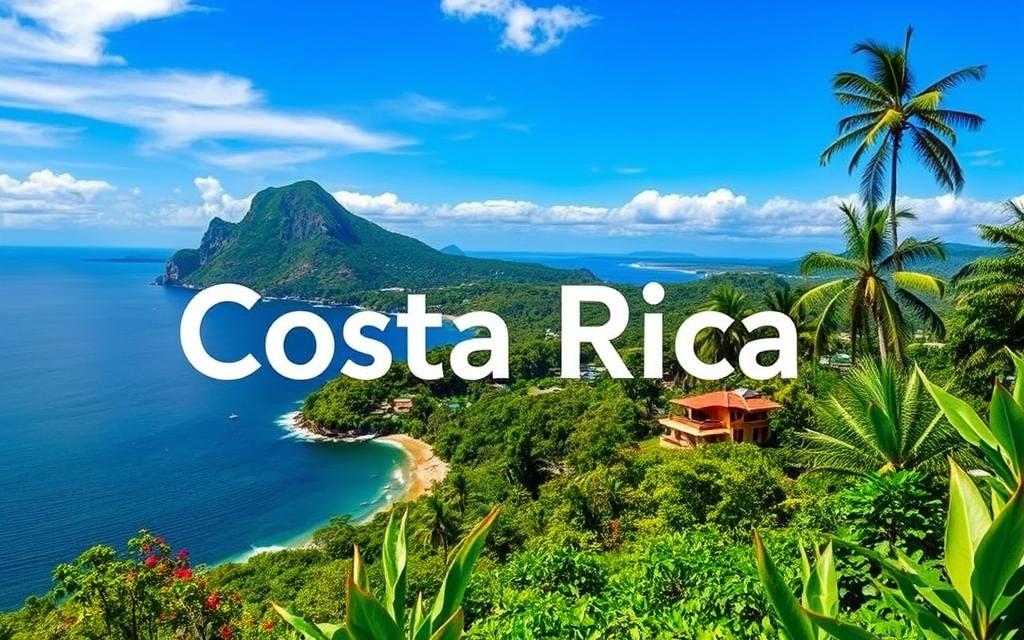
Costa Rica's Investor Residency Program offers a unique opportunity for foreign investors to obtain residency while contributing to the country's economic growth. This program is particularly appealing to those who wish to be part of a thriving economy while enjoying the benefits of residency.
Investment Thresholds and Qualifying Investments
The Investor Residency Program requires applicants to make a significant investment in Costa Rica. Qualifying investments can include purchasing real estate, starting or investing in a business, or other investment opportunities that contribute to the country's economic development. US citizens enjoy nearly identical property ownership rights as Costa Ricans, with the ability to own real estate under "Fee Simple" ownership, the strongest form of property rights.
Business Ownership and Real Estate Options
Investors have various options, including purchasing residential properties, commercial buildings, agricultural land, or development projects. Business ownership options include starting new enterprises or investing in established Costa Rican companies, particularly in sectors like tourism, hospitality, and sustainable agriculture. When investing in coastal property, it's crucial to be aware of Maritime Zone restrictions. Many investors choose to form Costa Rican corporations to hold their investments, though the investment must be traceable to the individual applicant.
Digital Nomad Visa: A New Option for Remote Workers

Costa Rica has introduced a game-changing opportunity for remote workers with its Digital Nomad Visa. This visa allows individuals to live in Costa Rica for up to two years while working for employers or clients outside the country.
Eligibility and Income Requirements
To be eligible for the Digital Nomad Visa, applicants must meet specific requirements, including having a valid passport, proof of income from foreign sources, health insurance that covers them in Costa Rica, and a clean background check. The income requirement is designed to ensure that visa holders can support themselves during their stay.
Application Process and Benefits
The application process for the Digital Nomad Visa is streamlined and largely online, making it more efficient than traditional residency applications. Most applications are processed within 2-3 months. Benefits include tax exemptions on foreign-earned income, the ability to open local bank accounts, obtain a Costa Rican driver's license, and freely enter and exit Costa Rica during the visa's validity period.
Overall, the Digital Nomad Visa offers a unique opportunity for remote workers to experience life in Costa Rica while maintaining their professional commitments abroad.
The Residency Application Process
Navigating the residency application process in Costa Rica can be complex, but understanding the steps involved can simplify the journey. As we guide you through the necessary procedures, you'll gain a clearer understanding of what's required to successfully obtain residency.
Required Documentation and Authentication
To initiate the residency application process, you'll need to gather and authenticate various documents. This includes personal identification, proof of income, and other category-specific requirements. For instance, if you're applying under the Pensionado program, you'll need to provide documentation proving your pension income. All documents issued in the US must be authenticated with an apostille, a form of international notarization. Additionally, these documents will need to be translated into Spanish by an authorized translator in Costa Rica. Ensuring that your documents are properly authenticated and translated is crucial for avoiding delays in the application process.
Timeline and Costs
The residency application process in Costa Rica can be lengthy, typically taking between 3 to 12 months, depending on the complexity of your application and the current processing times. After submitting your application, you'll receive a temporary receipt (comprobante) that allows you to legally remain in Costa Rica while your application is processed. The total costs for the application process range from $1,500 to $4,000, covering government fees, document authentication, translation services, and potentially, the services of an immigration attorney. For detailed guidance on the application process, you can visit our comprehensive guide on Costa Rica. Understanding these timelines and costs upfront can help you plan your residency journey more effectively.
Living in Costa Rica as a Resident
With residency status in Costa Rica, we can experience the country's renowned "Pura Vida" lifestyle firsthand. This philosophy, which translates to "pure life," embodies the relaxed and appreciative approach to daily living that Costa Rica is known for.
Healthcare Access and the Caja System
As residents, we have access to Costa Rica's public healthcare system, known as the Caja, which provides high-quality medical care at affordable rates. The Caja system is well-regarded, and many medical professionals have received international training. This access to healthcare is a significant benefit of residency, ensuring we can maintain our health and well-being.
Banking, Taxes, and Cost of Living
Opening a local bank account is relatively straightforward for residents, allowing for easy management of finances. Costa Rica has a moderate cost of living, which can vary depending on lifestyle choices and location. Understanding our tax obligations is also crucial, as residents are considered tax residents if they spend more than six months in the country within a given year.
Cultural Adaptation and Lifestyle
Adapting to Costa Rican culture involves embracing the local customs and way of life. Learning Spanish is key to fully integrating into society, as it enhances our daily interactions and ability to navigate everyday tasks. The concept of "Tico time" may require some adjustment, as punctuality is viewed more flexibly than in many US cultures. By embracing "Pura Vida" and participating in local communities, we can enjoy a rich and fulfilling lifestyle in Costa Rica.
Professional Assistance with Residency Applications

The process of applying for residency in Costa Rica involves several legal and administrative steps, making professional assistance invaluable. For US citizens, navigating the intricacies of Costa Rican immigration law can be challenging without expert guidance.
Benefits of Working with Experts
Working with experienced residency consultants can significantly simplify the application process. These professionals understand the specific requirements for US citizens, including unique documentation needs and potential challenges. Their expertise ensures that applications are prepared accurately and submitted efficiently.
What to Look for in Residency Consultants
When selecting a residency consultant or attorney, several factors should be considered. Look for professionals with experience handling US citizen applications and verify their legal credentials, ensuring they are licensed to practice immigration law in Costa Rica. It's also crucial to assess their track record, fee transparency, and ability to communicate complex processes clearly.
Reputable firms like JAROS (www.jaroscr.com, info@jaroscr.com, +(506)7182-8969) specialize in helping US citizens navigate the residency process with professional expertise, offering comprehensive services beyond just paperwork filing.
Conclusion
US citizens have multiple pathways to obtain residency in Costa Rica, catering to various life situations and financial circumstances. The country offers several well-established residency programs, including the Pensionado program for retirees, the Rentista program for those with stable non-employment income, the Inversionista program for investors, and the Digital Nomad visa for remote workers.
Each of these programs has specific financial requirements and documentation needs, but they all provide legal status that allows US citizens to live in Costa Rica beyond the standard tourist visa limitations. The application process typically takes 3-12 months and requires proper documentation, authentication, and translation. Many applicants choose to work with professional immigration consultants to navigate the process successfully.
Most residency categories begin with temporary status that must be renewed every two years, with eligibility for permanent residency after maintaining temporary status for three consecutive years. For those considering long-term settlement, Costa Rica offers a path to citizenship after seven years of residency, or five years for citizens of Central American countries, Spain, and certain Latin American nations.
Residency in Costa Rica provides numerous benefits, including access to the country's healthcare system, the ability to open local bank accounts, and full integration into the community. For personalized assistance with your residency application, you can contact JAROS at www.jaroscr.com, info@jaroscr.com, or +(506)7182-8969 to discuss your specific situation and options.


